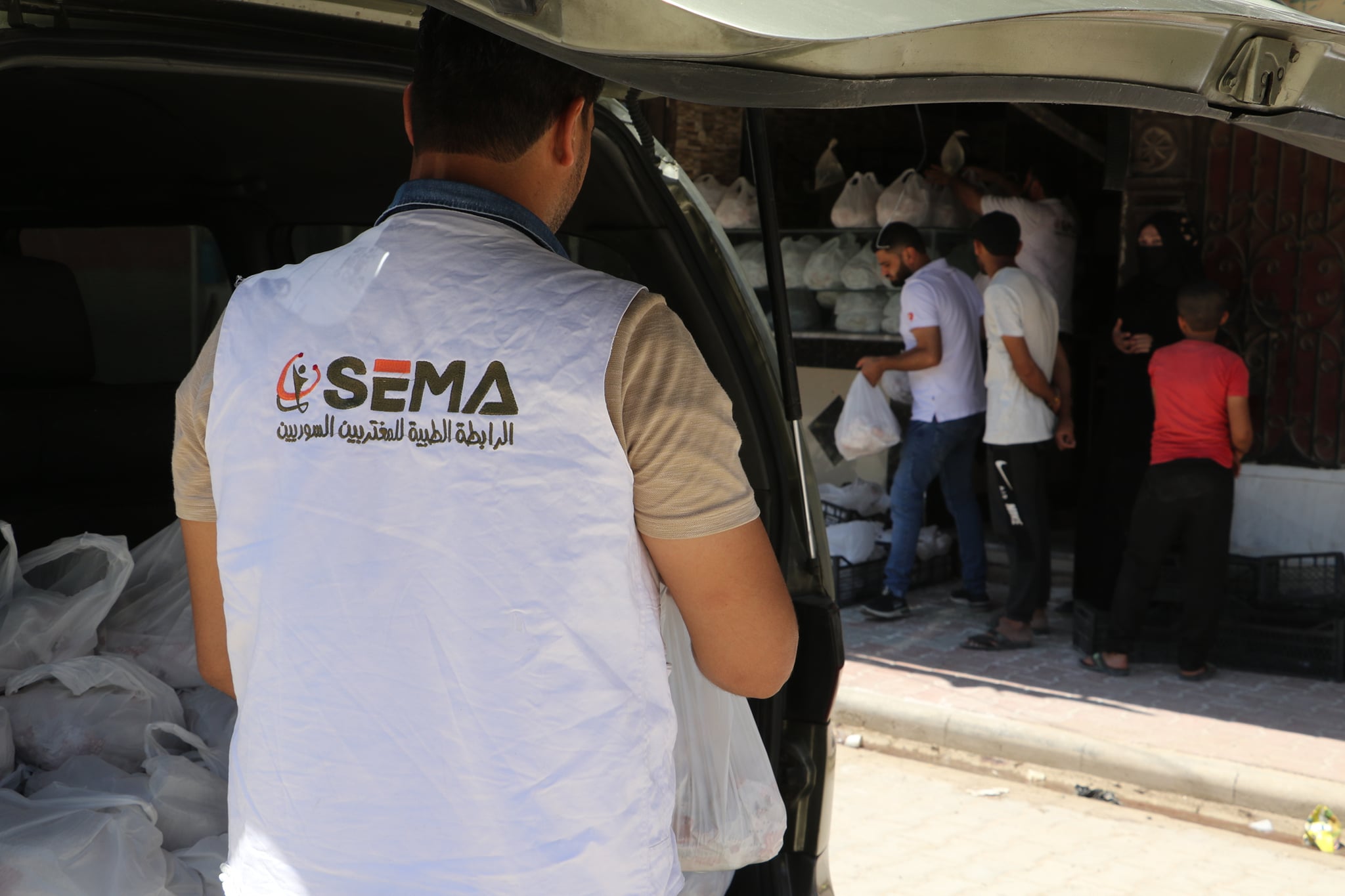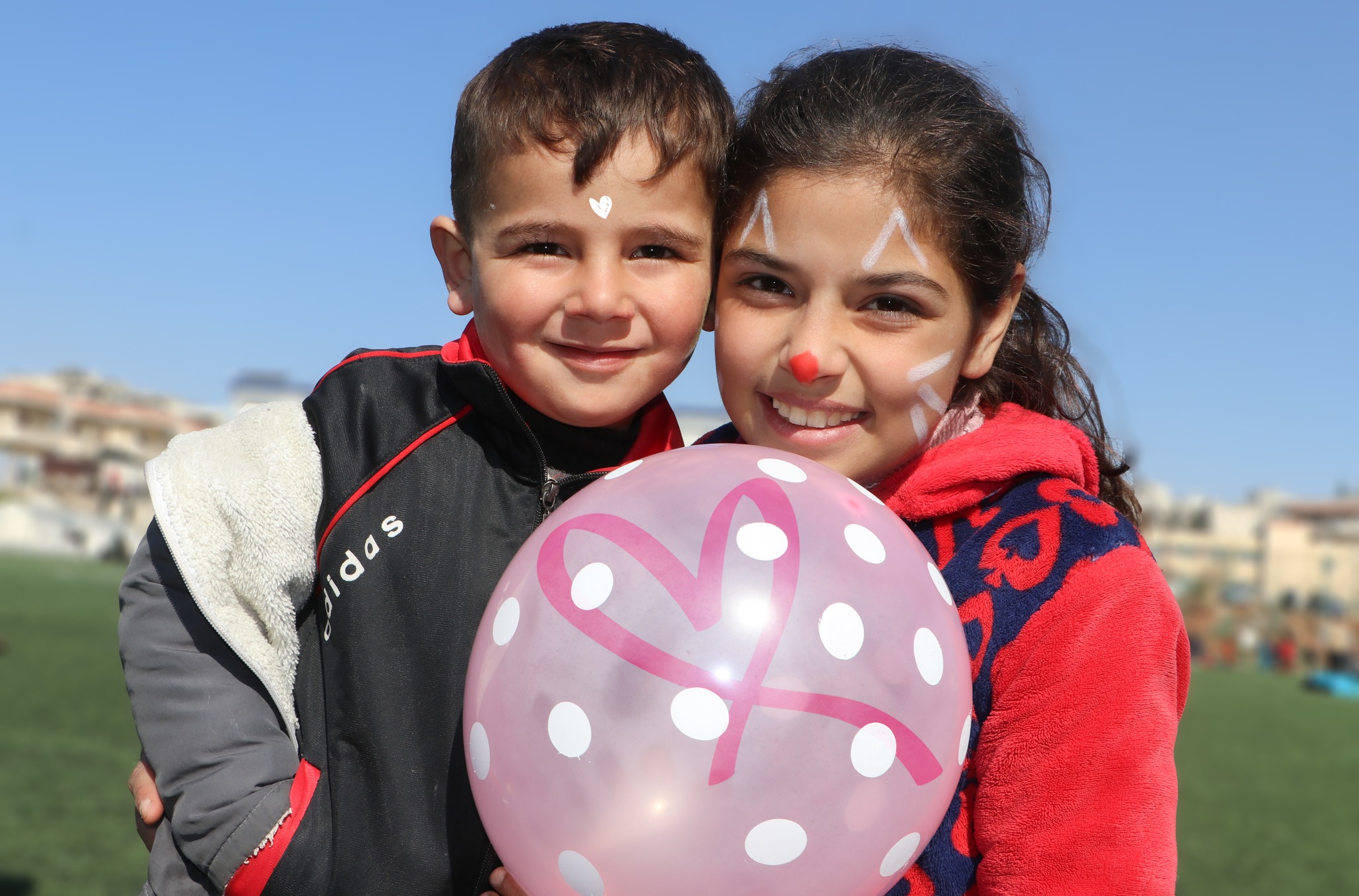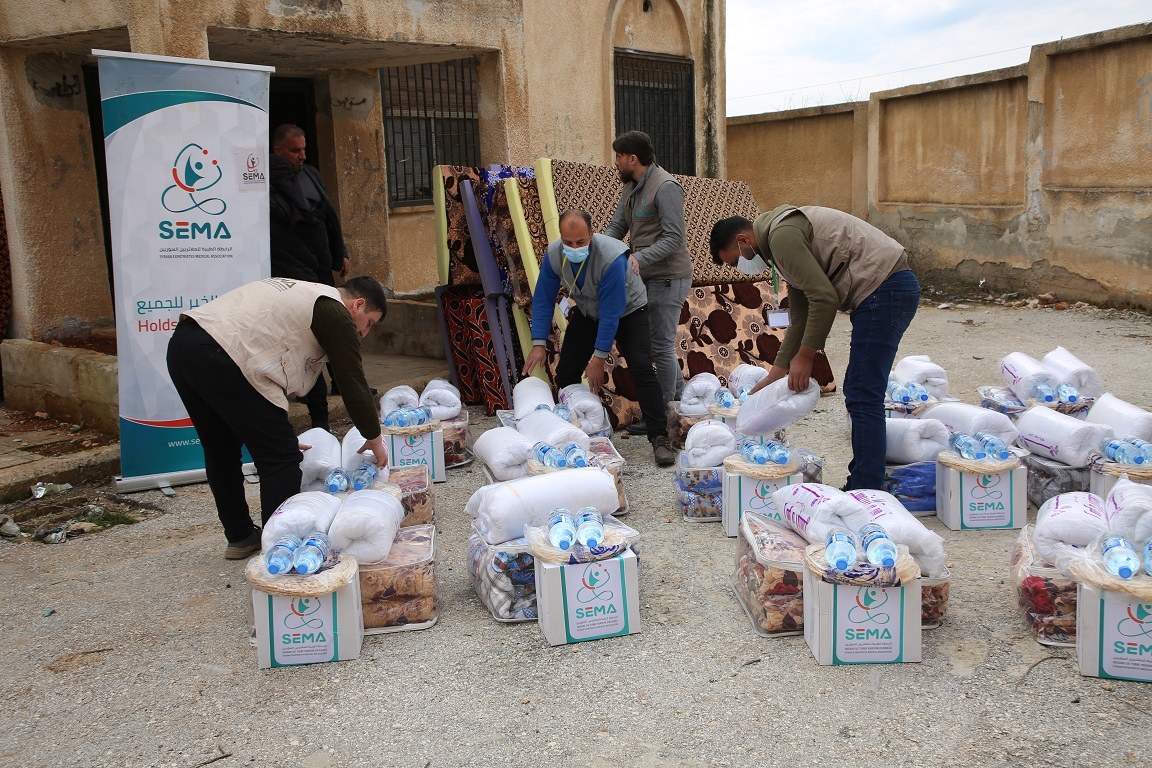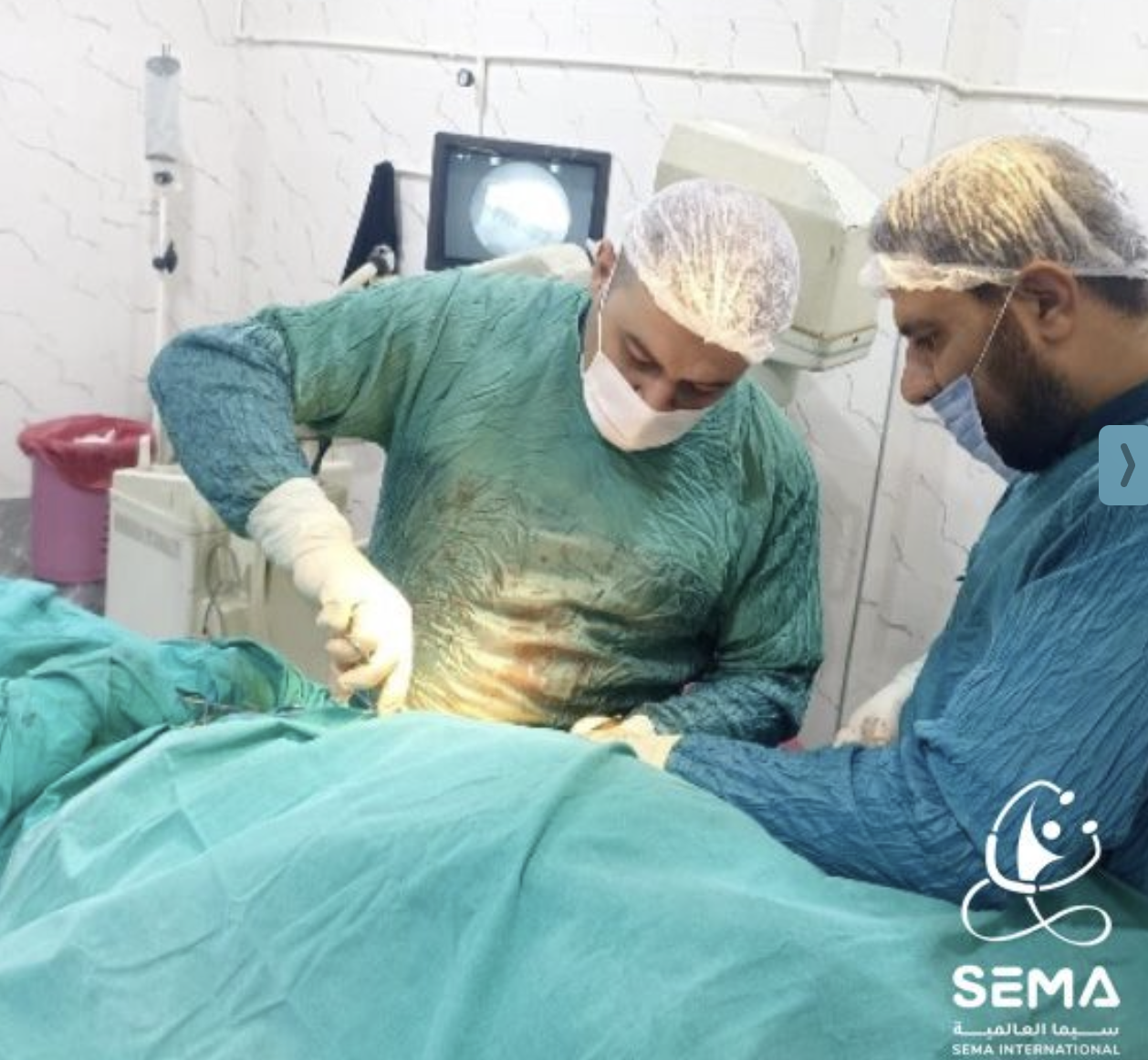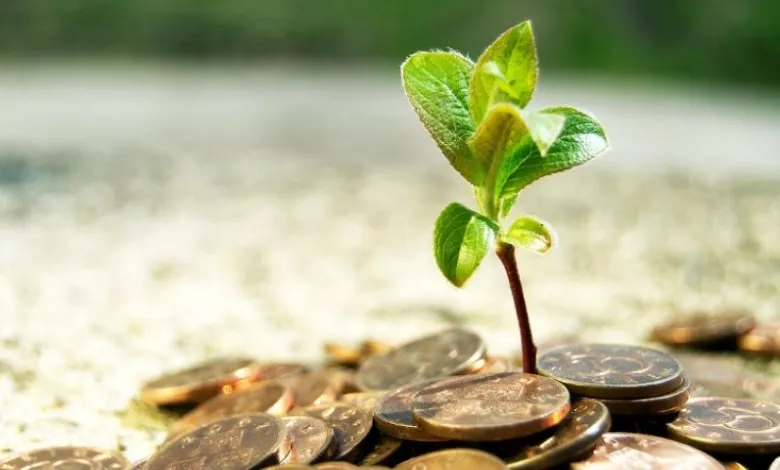Giving to water projects as a sadaqah jariyah is a noble and highly rewarded act in Islam.
Sadaqah jariyah refers to a continuous charity that benefits people even after the donor passes away.
Water projects are a great way to contribute to this cause as they provide clean water to people in need, a basic necessity of life.
This article will address the immense benefits of giving sadaqah to water projects.
Understanding sadaqah jariyah and its importance
The word “Jariyah” means “continuous” or “ongoing” and sadaqah jariyah refers to charitable acts that continue to provide benefits and rewards to the donors during their lives and even after they pass away.
This type of charity is one of Islam’s most virtuous and rewarding acts.
The Prophet Muhammed (PBUH) said: “When a person dies, all their deeds end except three: a continuing charity, beneficial knowledge and a child who prays for them,” (Muslim – 1631).
It was also narrated that the Prophet’s companion Sa’d bin ‘Ubadah said: “I said: O Messenger of Allah, my mother has died; shall I give in charity on her behalf? He said: Yes. I said: What kind of charity is best? He said: Providing drinking water,” (Sunan an-Nasa’i – 3664).
The importance of sadaqah Jariyah lies in its ability to provide ongoing benefits to individuals, families, and communities.
By contributing to water projects, you are fulfilling a basic human need and earning great rewards from Allah (SWT) for your charitable act.Sadaqah Jariyah

The water crisis and its impact
A water crisis refers to a situation when a shortage of clean and safe water for human consumption occurs.
Water crises can have various root reasons, such as drought, overuse, pollution, and climate change.
The impacts of a water crisis can be severe and far-reaching, affecting different dimensions such as:
- Human health: A lack of clean and safe water can lead to waterborne diseases such as cholera, dysentery, and typhoid fever, which can cause dehydration, diarrhea, and even death.
According to the World Health Organization (WHO), over 2 billion people lack access to safe drinking water.
As a result, each year, at least 1.4 million people – many of them children – die from preventable causes linked to unsafe water and poor sanitation.
- Economic development: Water is essential for agriculture, industry, and energy production.
A water crisis can lead to a decrease in agricultural productivity, which can cause food shortages and price hikes, leading to hunger and malnutrition.
It can also affect industrial production, as many industries rely on water for manufacturing.
- Social stability: Water scarcity can also lead to social instability, especially in regions where water is scarce.
Competition for water can cause conflicts, both within and between communities.
It can also lead to migration, as people leave water-scarce regions for better living conditions.
In addition, water scarcity can lead to social unrest and even violence in extreme cases.
- Environmental sustainability: A water crisis can have long-term impacts on the environment, leading to the degradation of ecosystems and the loss of biodiversity.
Overuse of water resources can lead to the depletion of aquifers and the drying up of rivers and lakes.
It can also lead to soil erosion and desertification, harming agriculture and biodiversity.
Types of water projects for Sadaqah Jariyah
One of the best forms of sadaqah jariyah is to support water projects that provide access to clean and safe water to communities in need. Here are some types of water projects as a sadaqah jariyah:
- Water wells: One of the most effective ways to provide access to clean water to communities in need.
Wells can be drilled in areas with a water shortage and provide a reliable water source for drinking, cooking, and washing.
- Water pumps: Installing water pumps in areas where groundwater is available but difficult to access can effectively provide communities with clean water.
Hand or solar-powered pumps can be installed in areas without electricity to provide a sustainable water source.
- Water filtration systems: Such systems are often installed in areas where the water is contaminated with bacteria, viruses, or other pollutants.
- Rainwater harvesting systems: In areas with low rainfall, rainwater harvesting systems can be used to collect and store rainwater for later use.
- Water storage tanks: These tanks can store water during times of plenty and provide a reliable water source during times of scarcity.
Water storage tanks can also improve health outcomes by reducing the risk of waterborne diseases and improving hygiene.
- Irrigation systems: These systems are installed in areas where agriculture is the primary source of livelihood.
Irrigation systems can provide a reliable water source for crops, ensuring food security for the community.
By providing access to clean and safe water, these projects can have a long-lasting impact on communities’ health, education, and economic well-being.
Read More: Importance of WASH for Safe School Environment
Benefits of giving to water projects as sadaqah jariyah
Giving charity to water projects such as sadaqah jariyah can have numerous benefits for both the donors and the communities in need.
Here are some of the benefits of giving to water projects as Sadaqah Jariyah:
- Ongoing charity.
- Rewards in the Hereafter.
- Alleviating water scarcity.
- Improving health outcomes.
- Increasing access to education and economic opportunities.
- Providing clean drinking water.
- Improving sanitation.
- Promoting economic development.
- Alleviating poverty.

Making a donation
Contributing to organizations providing sustainable water solutions in developing countries can make a massive difference in the lives of needy people, such as refugees and displaced families.
We at the Syrian Medical Association (SEMA) take responsibility for mitigating the effects of such a pressing issue as the lack of clean water in a refugee community.
Our projects aim to create a sustainable solution to this problem that requires a multi-faceted approach.
Our sadaqah jariyah water projects ensure that charitable contributions continue impacting people’s lives positively.
We seek to provide clean and safe drinking water, promote good hygiene practices, and engage with the community, which significantly impacts the health and well-being of Syrian refugees.
With your donations and benevolent contributions, we can touch the lives of thousands of refugees and help transform their lives in the best possible way!
FAQ
What counts as Sadaqah Jariyah?
Sadaqah jariyah refers to an ongoing charity that continues to benefit people even after the donor has passed away.
What is the best thing to give as a sadaqah?
The best thing to give as a sadaqah jariyah could be any good deed that benefits others, such as building a well or planting a tree.
Is Build a Well Sadaqah Jariyah?
Yes, building a well is a form of sadaqah jariyah, and it is the best thing to give as a sadaqah.
Is Planting a Tree Sadaqah Jariyah?
Yes, planting a tree can count as a form of sadaqah jariyah.
Why is giving water the best form of Sadaqah Jariyah?
Giving water is considered the best form of sadaqah jariyah because it provides a basic necessity of life and can have a far-reaching impact on the health, education, and economic well-being of communities.

